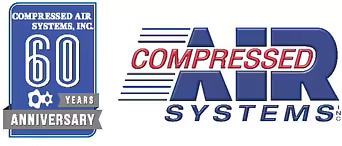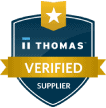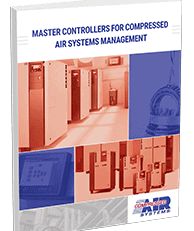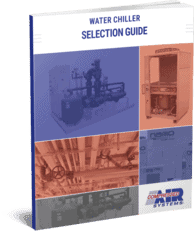Air Compressor Usage in Pharmaceutical Manufacturing
The US pharmaceutical industry is the world’s largest, accounting for more than 40% of the world’s pharmaceutical market in 2016. With such a large market share at stake, it’s crucial for pharma manufacturers to uphold the highest of standards.
In its guidelines on Current Good Manufacturing Practice (cGMP) for the pharmaceutical industry, the Food and Drug Administration (FDA) recommends the use of air compressors to ensure and maintain a cleanroom environment in pharmaceutical manufacturing facilities. Although the FDA has yet to formally establish clean air standards for the industry, air compressors are already in widespread use in many manufacturing locations across the United States.
How Air Compressors Get Used in Pharma
A cleanroom environment is a must in many pharmaceutical manufacturing locations. Without a clean environment, the probability of contamination increases, endangering the health of patients.
Not only do air compressors help ensure clean air in manufacturing facilities, they are also used across a wide range of production activities, including the creation of caplets, pills, and tablets; medicine formulas and lotions; and medicinal packaging, such as plastic containers and cartons.
- Caplets. A softer alternative to pills and tablets, caplets contain powdered medicine within gelatin membranes that break down in the digestive tract to release the medicine. From the contents, to the gel, to the packaging, air compressors play an important role in the manufacture of caplets.
- Pills/Tablets. Again, air compressors are vital in the manufacture of pills and tablets. Air compressors are used in mixing the ingredients, hardening them to the desired form, and applying various coatings for textur, color, and flavor.
- Medicinal Formulas. As is the case with the other forms of pharmaceutical products, air compressors are again used when manufacturing liquid medicines. Specifically, the balance of ingredients, purification of contaminants, and exact measurements of each formula are carried out with the aid of compressors.
- Lotion. Topical medicines – such as lotions or balms – that are applied externally to the skin, are also manufactured with the help of air compressors. Compressors are used to combine ingredients to create lotions, and also to insert the lotion into appropriate containers and packaging.
- Medical Packaging. Medicines are shipped and distributed to retail outlets in bottles and cartons that are manufactured with air-powered machines for cutting, folding, printing, and packaging.
Your Facility and Necessary Air Quality
There is no one-size-fits-all formula for pharmaceutical production. To ensure that your facilities are using the correct type of air compressors for your pharmaceutical manufacturing operation, it is best to implement a routine testing schedule to ensure that they remain compliant with the most recent OSHA, FDA, and cGMP standards.
Moreover, ensure that your facilities have the requisite cleanroom environments. However, identification of those areas where clean room air quality is not needed is also crucial to avoid wasted time and resources. This makes for a more efficient and cost-effective solution.
Compressed Air Systems Pharma Products
As pharma companies in the U.S. continue to grow, they’ll need to keep up with the latest quality and regulatory standards for air compressors used within their respective manufacturing operations.
Compressed Air Systems is a proud distributor of quality air compressors for the pharmaceutical industry that aid in the manufacture of medicine formulas; pill, tablet, and caplet formation; and plastic container and carton manufacturing.
Download our product catalogs to check out our line of pharma-related air compressors!









